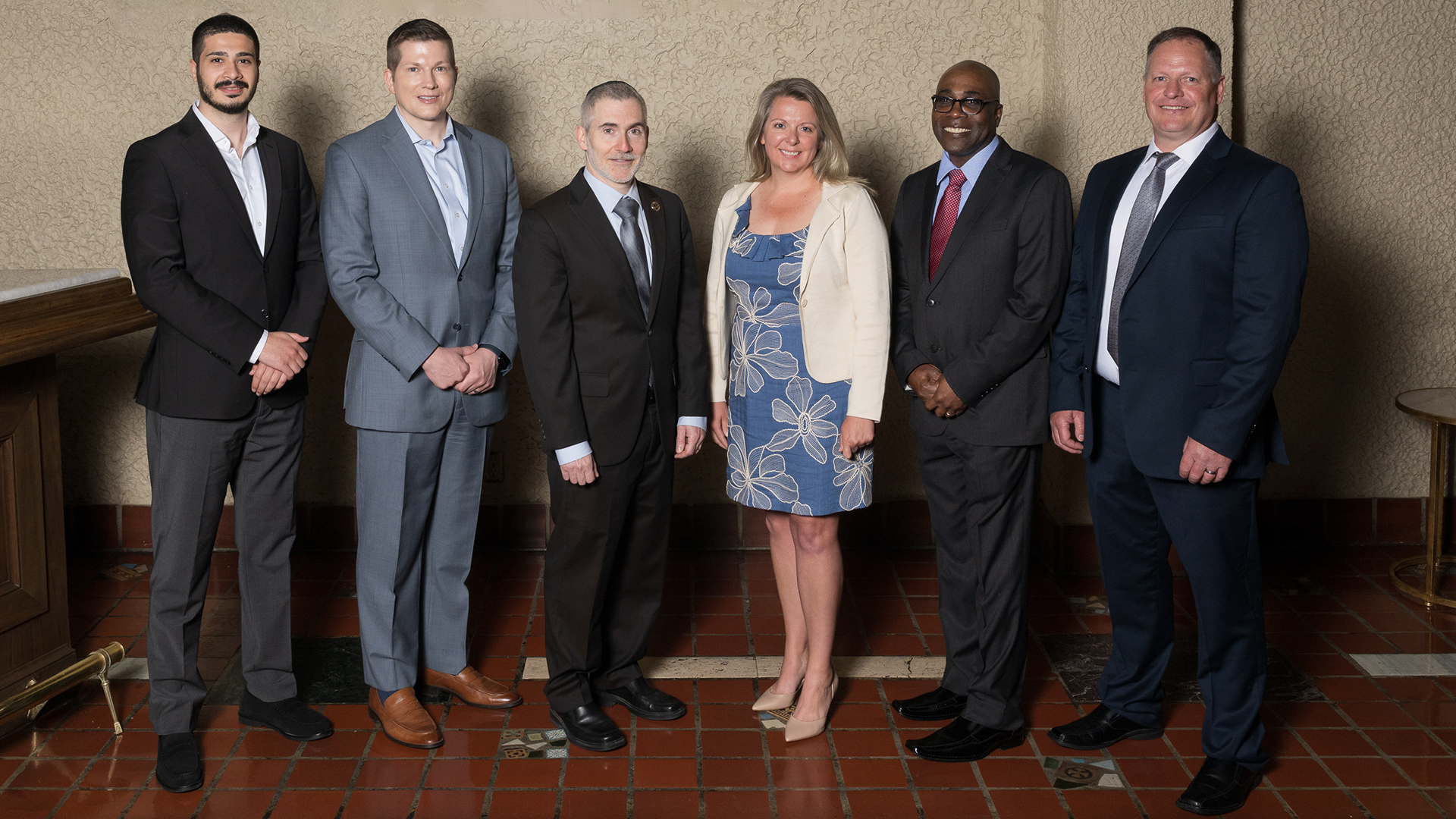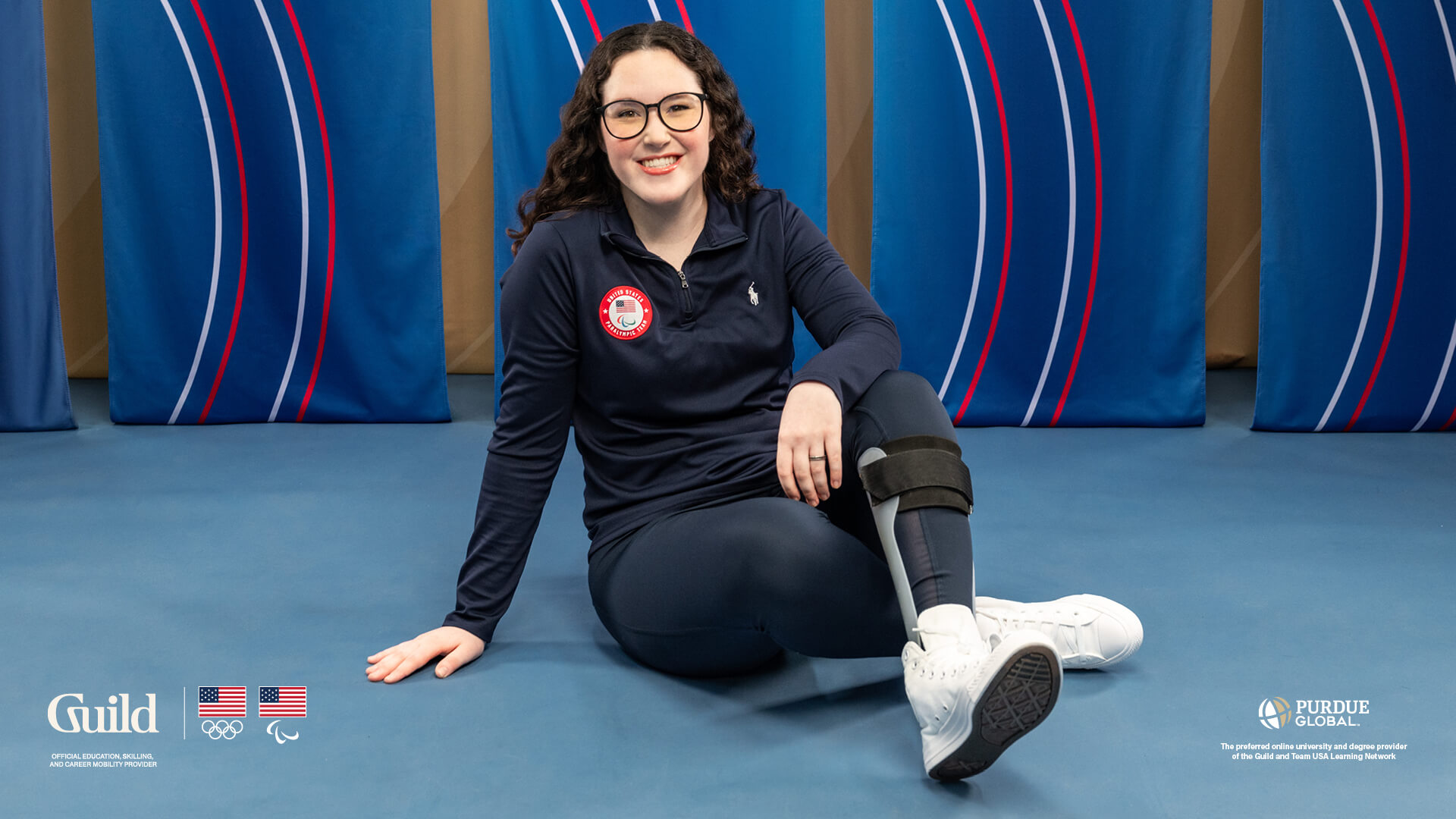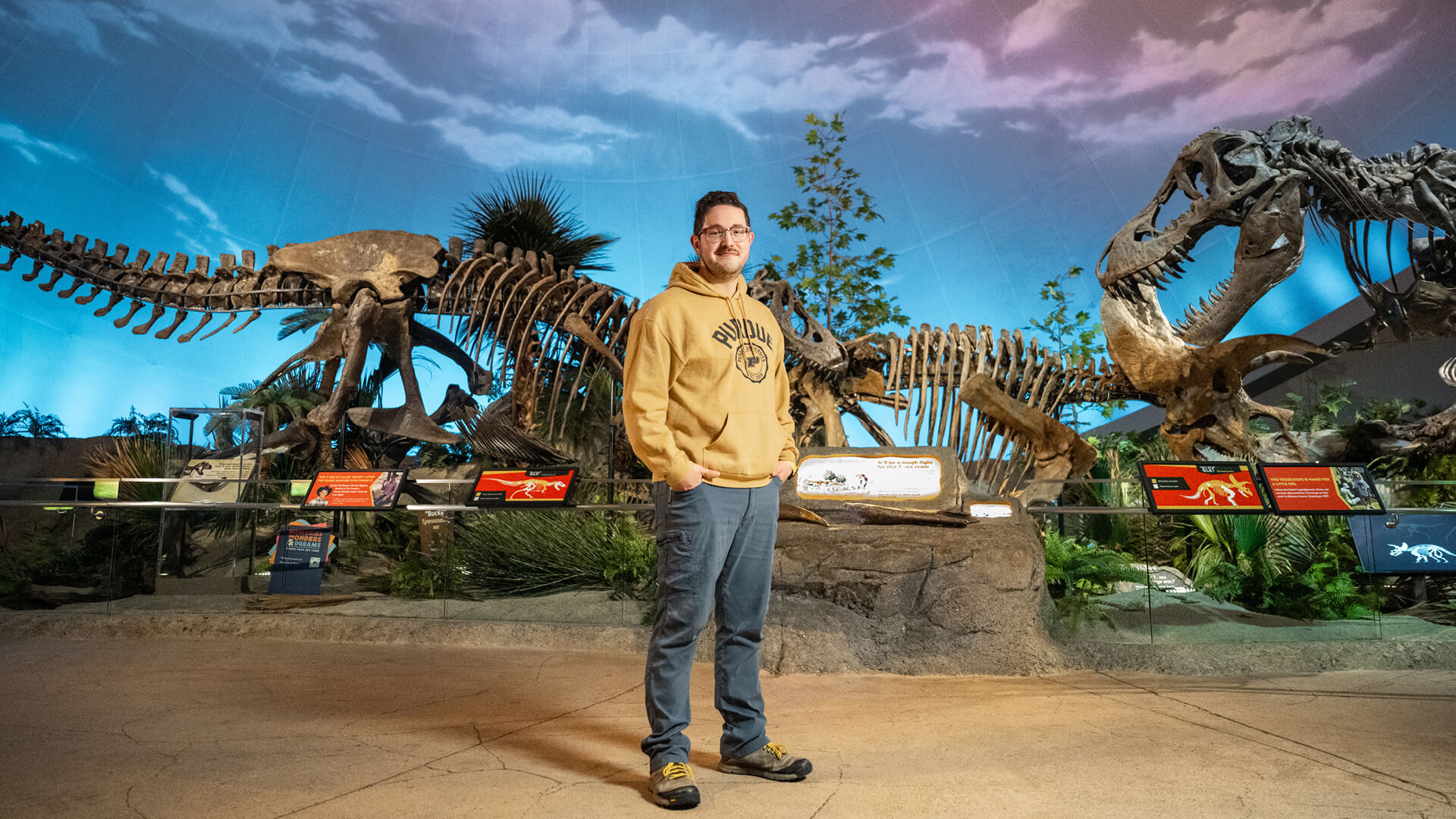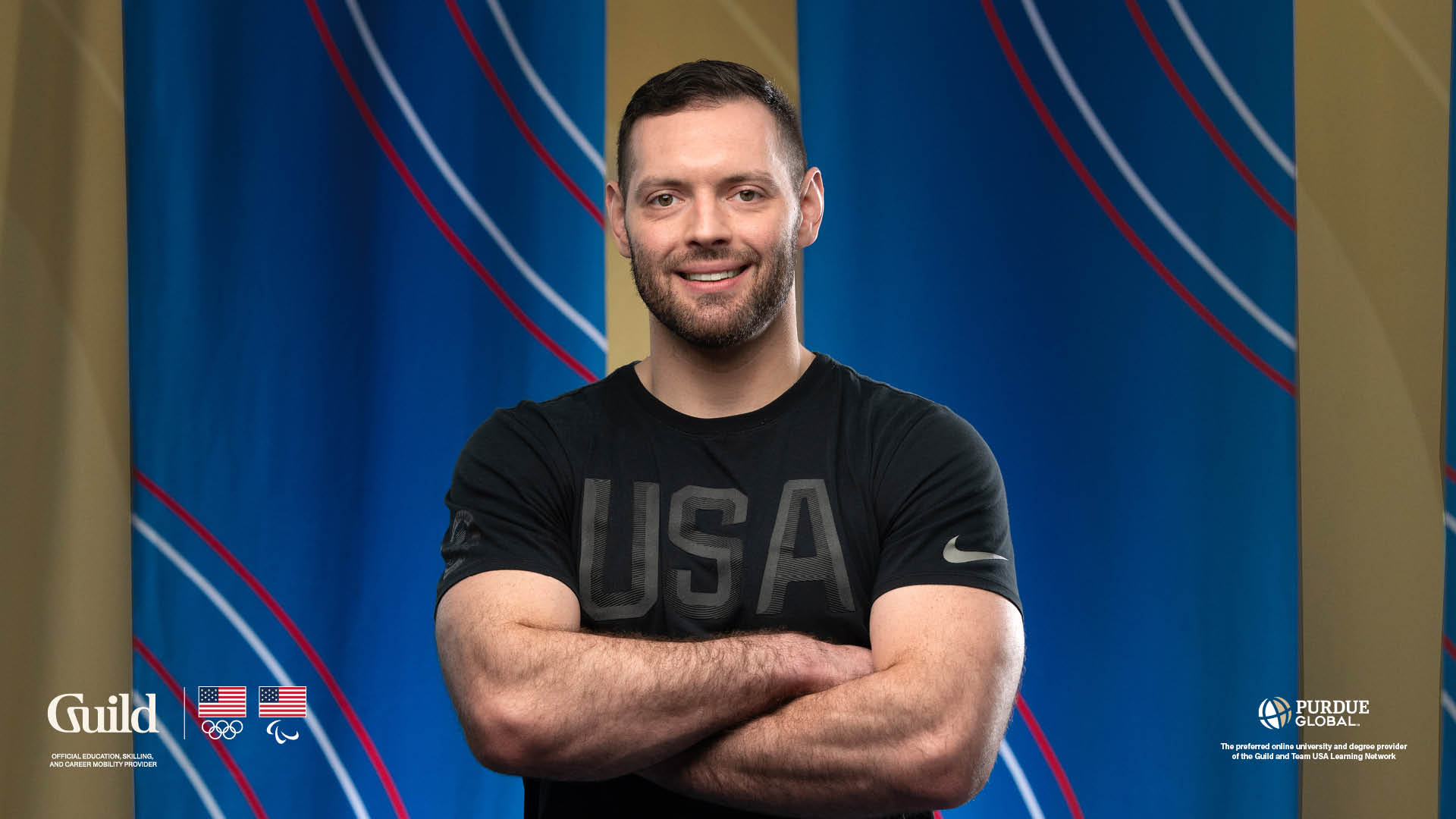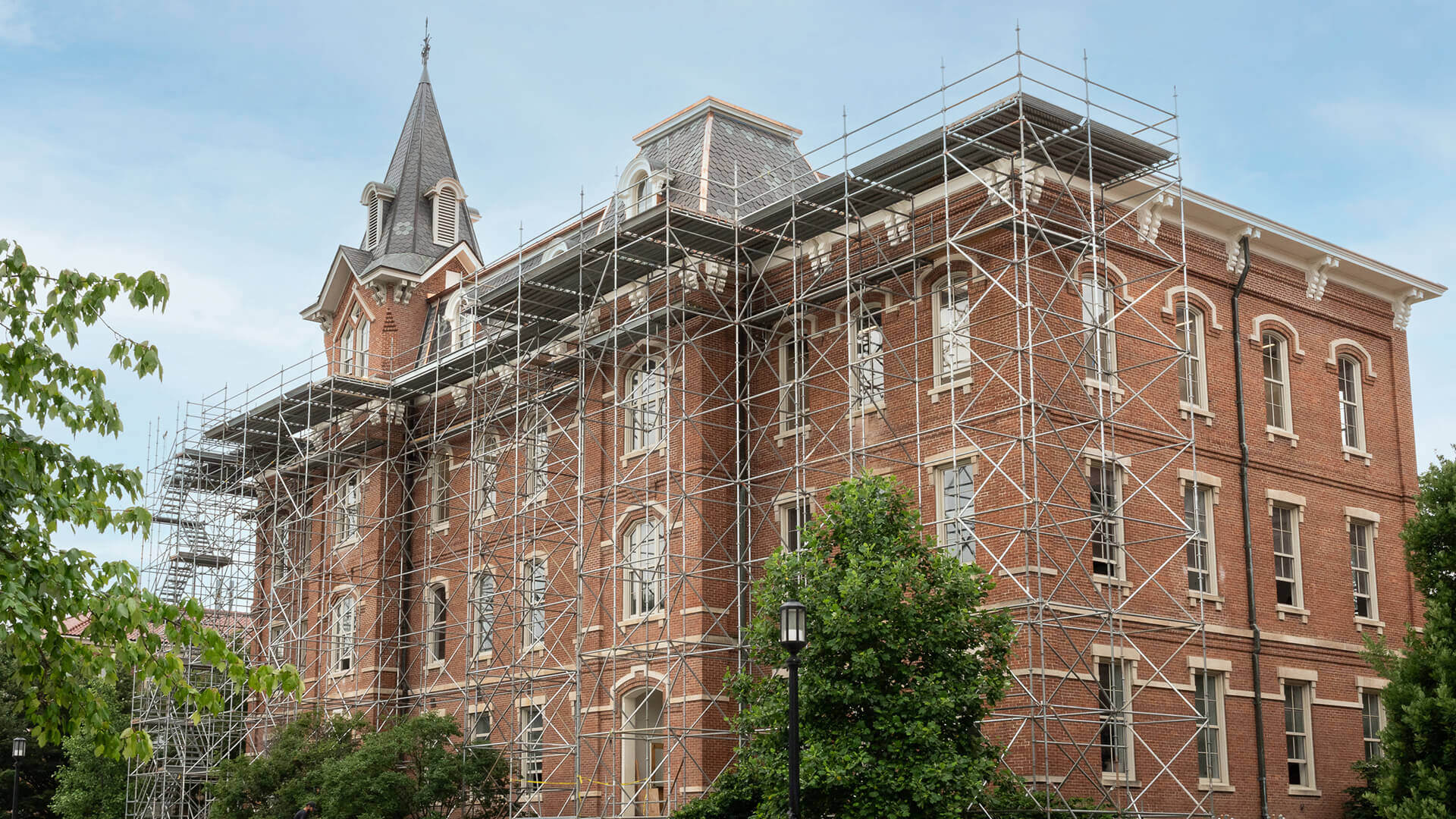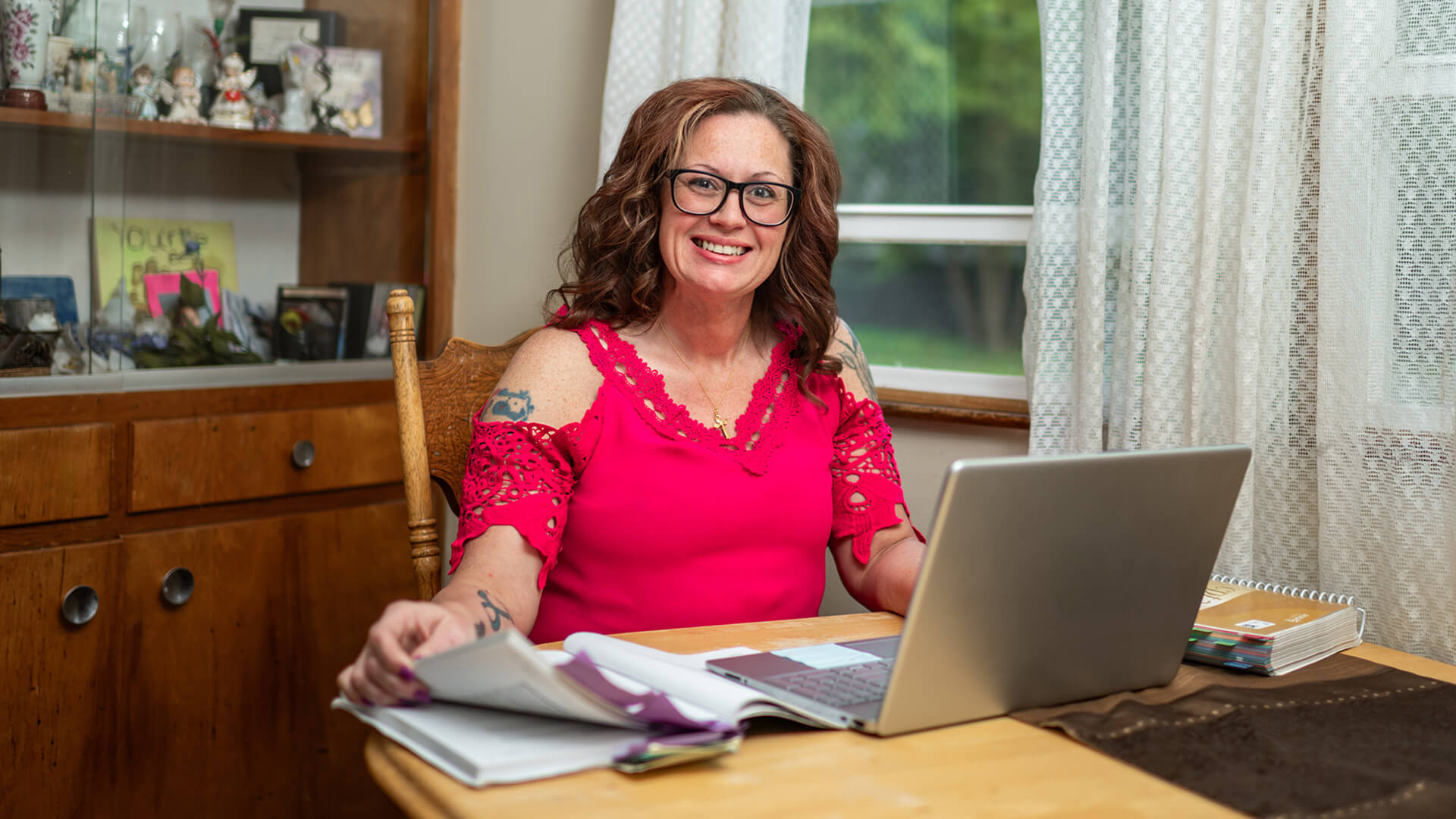‘Health care is a fundamental human right’

Afsan Bhadelia, assistant professor of public health in Purdue’s Department of Public Health, maps and measures health inequities through a systems-level approach. (Purdue University photo/Charles Jischke)
Purdue’s Afsan Bhadelia examines systems to improve the health of populations worldwide
By the time she reached middle school, Afsan Bhadelia had lived in Asia, the Middle East, Europe and North America. With two parents trained in the medical field — her father is a neuroradiologist and her mother studied biomedicine — she gained early exposure to differences among health systems around the world. These experiences not only informed, but also inspired, her nearly two decades of work in global health.
Now an assistant professor of public health at Purdue University, Bhadelia analyzes systems-level considerations in mapping and measuring health inequities to identify reforms that can meet the health needs of all populations. A former Fulbright U.S. Scholar and a member of multiple Lancet commissions, she is keenly aware that “global” includes the United States, which also faces health inequities.
“Vast inequities exist in many countries around the world where there are feasible and affordable solutions within reach,” Bhadelia says. “I’m motivated by the belief that health care is a fundamental human right. We can build on existing knowledge, evidence and advancements in science and technology to effectively improve health for all.”
Bhadelia’s work is rooted in the concept of heath justice. It is an approach based in community partnerships with an overall goal of creating justice-oriented and value-based systems. Because the definition of health justice differs within and across communities, systems must align with individual (such as patient or caregiver) and societal values to improve the health of different population groups. This requires changing what is prioritized and by whom it is prioritized.
Intersecting culture and diversity with public health is critical to building modern health systems that address structural violence and historical trauma.
Afsan Bhadelia
Assistant professor of public health
“Intersecting culture and diversity with public health is critical to building modern health systems that address structural violence and historical trauma that has been experienced by marginalized and minoritized communities,” Bhadelia says. “Injustices are entrenched in institutions and societal arrangements which often exclude select voices, especially in decision-making. We must examine health justice from the bottom up and based on lived experience — through the lens of individuals and communities alike.”
By capturing different perspectives on what health justice means in various countries, Bhadelia hopes to develop indicators that can be used to measure and compare health systems’ performance. This can help address neglected areas such as palliative care to alleviate health-related suffering and the growing need for chronic care.
For her next giant leap, Bhadelia wants to expand the research she’s conducted on health justice in India and Barbados toward a global data set of comparable indicators that can help shift health systems priority-setting at the global level.
Changing priority-setting also requires changing how global health is funded. At present, global health initiatives are largely funded by high-income countries. However, donor expectations may not align with the priorities of low- and middle-income countries or local community needs and preferences.
“Inclusive decision-making, knowledge exchange and equitable research partnerships with colleagues worldwide — especially those from low- and middle-income countries — are essential to reshaping global health and addressing asymmetries in power and resources,” Bhadelia says. “Moreover, much can be learned from solutions developed in low-resource settings that could be of immense value to high-resource settings, including the United States, but this knowledge has generally been undermined.” As part of Purdue’s largest incoming faculty class to date, Bhadelia is optimistic about the university’s potential impact on the field of public health. “We can build a movement that is focused on what we collectively value,” she says. “I hope that the knowledge we generate can be translated to action to help improve the health of populations worldwide.”
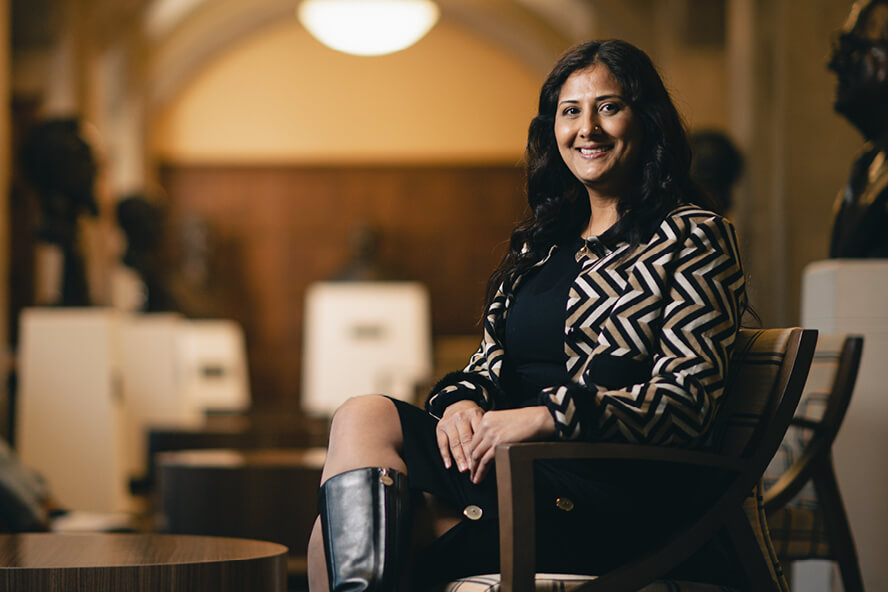
We can build on existing knowledge, evidence and advancements in science and technology to effectively improve health for all.
Afsan Bhadelia Assistant professor of public health

